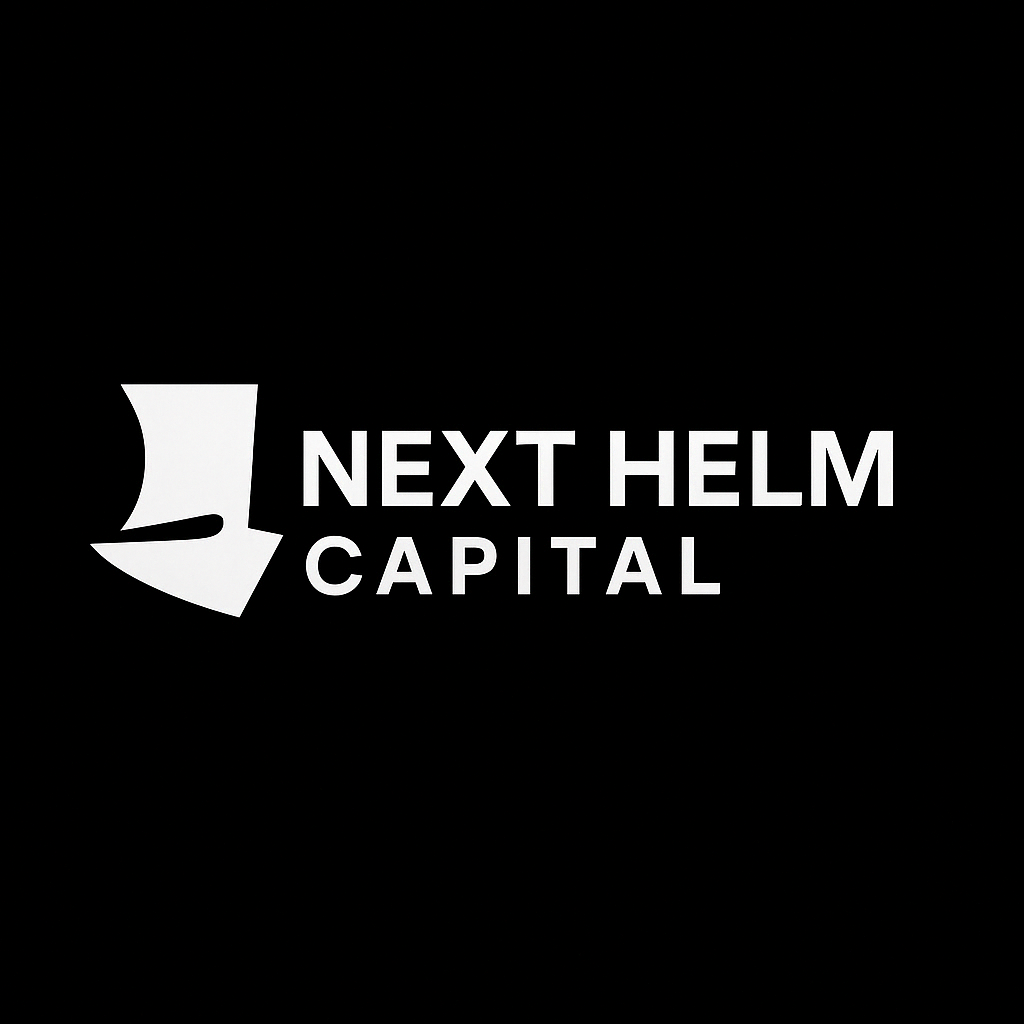Next Helm Capital — FAQs for Business Owners & Sellers
What is an Independent Sponsor?
An independent sponsor is an experienced investor or operator who acquires companies without a committed fund. Instead, we partner with capital providers on a deal-by-deal basis. This model gives us flexibility and alignment with both business owners and investors.
How is this different from Private Equity?
Unlike traditional private equity firms that manage large funds and multiple deals simultaneously, we take a focused, hands-on approach. Our capital partners are aligned, and we stay deeply involved in the company post-close to ensure long-term success.
Will my employees be safe and supported?
Yes. We prioritize continuity, culture, and leadership stability. We often work with existing management and ensure transitions are respectful of the team that built the business.
Do you want to run the company?
Not necessarily. We evaluate each situation individually. In some cases, existing leadership stays in place. In others, we step in to lead or help recruit strong successors. Our goal is what’s best for the company’s future.
Will you change the company’s name, brand, or culture?
Only if necessary or requested. We believe legacy is a competitive advantage, not something to erase. Our goal is to build on your foundation — not rebrand it away.
What makes you different?
We’re not just capital. We’ve run businesses, made payroll, and solved tough operational challenges. We don’t drop in for board meetings — we show up to lead. We invest in people, not just P&Ls.
What’s your timeline?
We move quickly and respectfully. Typically, the process includes a short pre-due diligence period, followed by a Letter of Intent (LOI). From there, we enter a focused 30-60 day due diligence phase, with closing targeted depending on the complexity of the deal. Throughout the process, we aim to be transparent, responsive, and aligned with the seller’s priorities.
What types of businesses do you look for?
We focus on companies with $5–30 million in revenue and $1–10 million in EBITDA across industrial services, manufacturing, environmental, software, marine, and testing sectors — especially those located in Texas and the Southern U.S.

